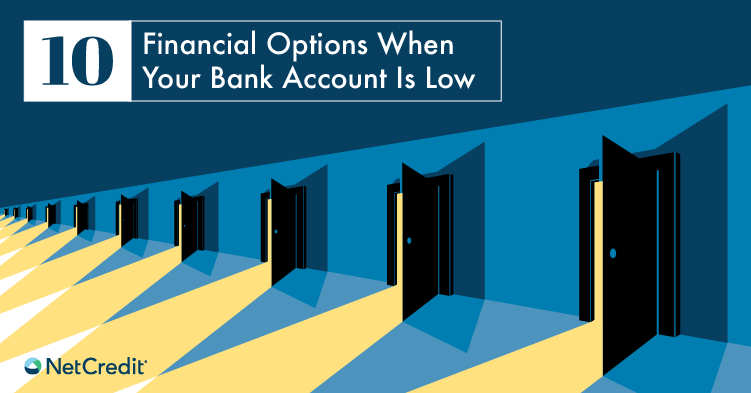If you were one of roughly 36 million American single-person households in 2018, you might have trouble saving money each month without roommates or family sharing boarding costs.1 Other than food, housing is typically the most expensive fixed cost of a budget. If you try to live on the 50-30-20 budgeting rule, a small salary doesn’t leave a lot of room for leftover expenses. But even though you’re on your own, there are still plenty of ways to make your money stretch further. Here are nine budget hacks to help you save more money when you live alone.
1. Embrace the Self-Sufficient Mindset.
Learn to rely only on yourself; get used to things that you can truly afford. When you take on a lease of your own, you should be completely self-sufficient. Before you pay for a service or item, can you do it or make it yourself? Check YouTube, Pinterest and even reddit for DIY tutorials and tips. The sooner you can provide for yourself without taking on forms of debt, the better off you’ll be financially.
2. Live Below Your Means.
Review your budget and make a habit of doing it often. Make sure that all your expenses, including some amount put aside for savings, are less than your take-home pay for each month. It sounds easy but if you’re not aware of what you make and what amount you need to get by, you’re likely living beyond your means and/or not saving enough.
If you get a raise or promotion, don’t adjust your cost of living; put away the excess cash. Since you’re already used to a frugal lifestyle, ideally, you’ll just forget about all the cash you’re saving for the future. To help even further, ask your employer to divert these funds directly into a separate savings account so you won’t even see the money you automatically save.
3. Utilize Family Plans.
You don’t need to get in touch with extended family members you barely know; just ask your close friends if they’re interested in sharing a family plan to share the savings. Look for family plans for expenses like cell phone and streaming media services.
4. Always Shop for the Best Price.
Savvy shopping doesn’t stop at the grocery store. You need to get in the mindset of a bargain shopper. Convenience is expensive; don’t let the corner store fool you by thinking you’ll save time. Before you commit to any purchase, search online for the best price; you might even find valid promotion codes. If you’re flexible, you can do your shopping year-round and save even more when things go on clearance.
5. Embrace Secondhand Furniture and Household Accessories.
Garage sales, CraigsList, estate sales, neighbors, friends and even dollar stores are all great sources when you’re looking for specific items. You can save a fortune buying something secondhand, and when you live alone, do you really need a name-brand coffee table?
6. Start a Dinner Club.
Cooking for one isn’t always practical, easy or fun. But cooking for a few of your friends is a great recipe for a party. Invite people over for a potluck-style affair, or take turns hosting a weekly dinner and game night.
7. Make Good Use of Your Freezer.
Meal planning can be challenging for anyone, but not when you take advantage of your freezer. Plan your whole menu for the upcoming week around your local store’s sales and promotions, and only use in-season produce that’s typically less expensive. Make sure to prep your list before you go shopping to resist the urge to impulse shop or buy items you don’t need immediately. Freeze any surplus portions and ingredients you won’t use right away; make sure to store foods properly to avoid food waste.
8. Live in a Studio.
While a one-bedroom unit is a great option for couples, a studio apartment is usually cheaper, more efficient in the summer and winter months and easier to furnish. With less square footage to clean, a studio is also typically easier to maintain. Studios with plenty of storage space are ideal, but even if you don’t have closets, functional storage furniture can help you maintain a clutter-free home. Living with less space can also help you be more mindful with your shopping.
9. Walk, Bike or Take Public Transit to Work.
If at all possible, get rid of your car. Unless you need your car to drive to work every day, a car will likely sit parked more than you actually use it. You’re not earning money from your car unless you outsource or use it for work, so consider selling it if you live in a city or live close enough to bike or walk to work.
References
1Duffin, E. (May 15, 2019). Single-person households United States 1960-2018. Retrieved August 2, 2019, from https://www.statista.com/statistics/242022/number-of-single-person-households-in-the-us/






